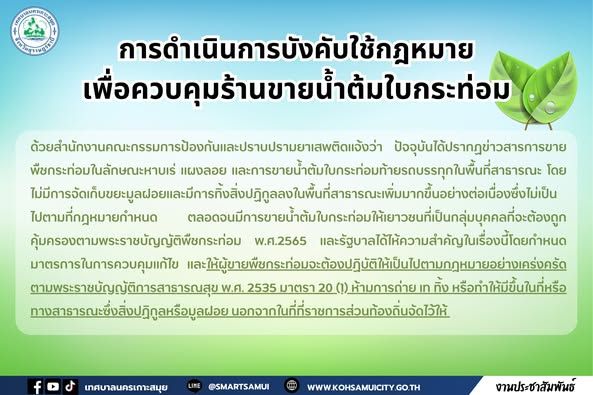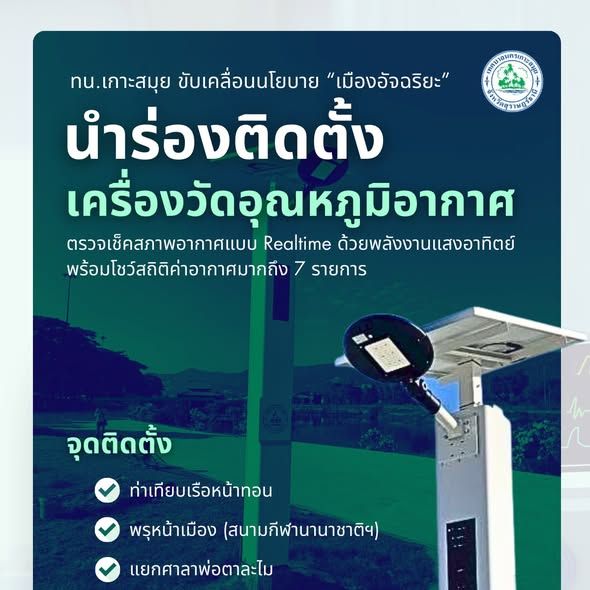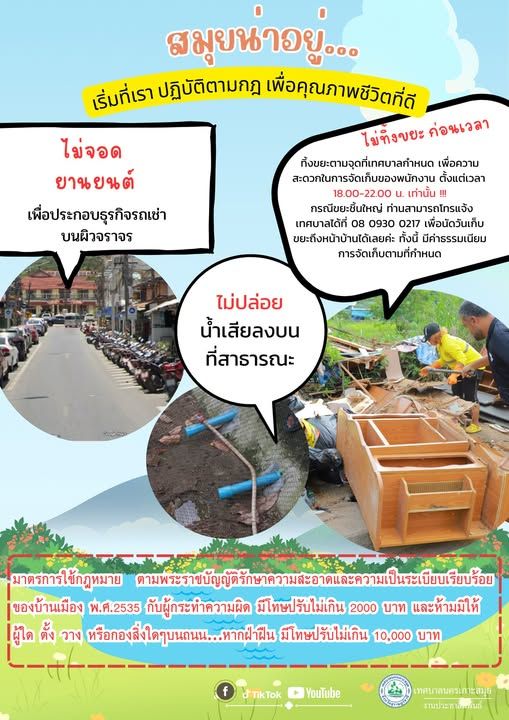Kratom vendors, be aware! Strict adherence to the Kratom Plant Act B.E. 2565 and Public Health Act B.E. 2535 is crucial to avoid penalties. Ensure proper waste disposal and prevent sales to youth in public areas to comply with regulations.
KratomCompliance #VendorAlert #PublicHealth #KratomLaws #ResponsibleBusiness #ThailandTourism #SafeTourism #TravelThailand #LegalKratom #ThaiRegulations
Recent Developments in Kratom Sales
Kratom, a plant native to Southeast Asia, has seen increased street-level sales in the form of fresh leaves and boiled leaf juice. Reports indicate that vendors are selling kratom products from stalls and trucks in public spaces. This surge in public sales has brought several concerns to the attention of local authorities and the Office of the Narcotics Control Board.
Legal Framework Governing Kratom Sales
The sale and distribution of kratom products are regulated under several Thai laws. The Kratom Plant Act B.E. 2565 (2022) outlines specific guidelines for handling, selling, and distributing kratom, especially to protected groups such as youths. Additionally, the Public Health Act B.E. 2535 (1992), particularly Section 20 (1), strictly prohibits unauthorized dumping, discarding, or creation of refuse or waste in public areas. Vendors must only dispose of waste in locations specified by local government authorities.
Public Health and Safety Concerns
The improper disposal of refuse and waste associated with kratom leaf juice sales has raised public health issues. Discarded cups, bottles, and other byproducts often accumulate in public spaces, contributing to unsanitary conditions and environmental degradation. The authorities have prioritized addressing these concerns to maintain cleanliness in community areas and prevent potential health risks.
Protection of Youth and Vulnerable Populations
One of the significant legal priorities is to prevent the sale of kratom leaf juice to youths. The Kratom Plant Act explicitly categorizes youths as a protected group, meaning vendors must implement robust measures to avoid selling kratom products to minors. This requirement is part of a broader strategy to safeguard public health and ensure the responsible distribution of kratom products.
Government Measures and Enforcement Actions
The government has issued a directive to enforce existing laws more stringently. Vendors must strictly comply with disposal regulations and refrain from selling kratom leaf juice to protected groups. Local authorities are tasked with monitoring compliance and taking necessary action against violators to ensure public health and safety are not compromised.
Vendor Obligations
All kratom plant vendors are required to:
– Dispose of refuse and waste only in authorized, designated areas.
– Refrain from selling kratom products to youths or other protected groups.
– Comply with all relevant acts governing public health and controlled substances.
Ongoing Monitoring and Public Awareness
Local administrations and the Office of the Narcotics Control Board continue to monitor the situation closely. They also work on increasing public awareness regarding the legal responsibilities of kratom vendors and the importance of proper waste management in public spaces.
Frequently Asked Questions
Frequently Asked Questions (FAQ) on Kratom Leaf Juice Sales Regulations
What are the main laws regulating kratom leaf juice sales in public areas?
Kratom vendors must comply with the Kratom Plant Act B.E. 2565 and the Public Health Act B.E. 2535. These laws set strict requirements for handling, selling, and disposing of kratom products, especially in public spaces, and include specific provisions to protect youths and ensure public cleanliness.
Why is proper waste disposal important for kratom vendors?
Improper disposal of cups, bottles, and other refuse from kratom leaf juice sales is a serious public health concern. Vendors are legally required to dispose of all waste in locations specified by local authorities to maintain community cleanliness and prevent environmental and health hazards.
Can kratom leaf juice be sold to minors or youths?
No. The Kratom Plant Act explicitly prohibits the sale of kratom products to youths, who are categorized as a protected group. Vendors must implement strict measures to prevent any sales to minors to comply with the law and support public health initiatives.




